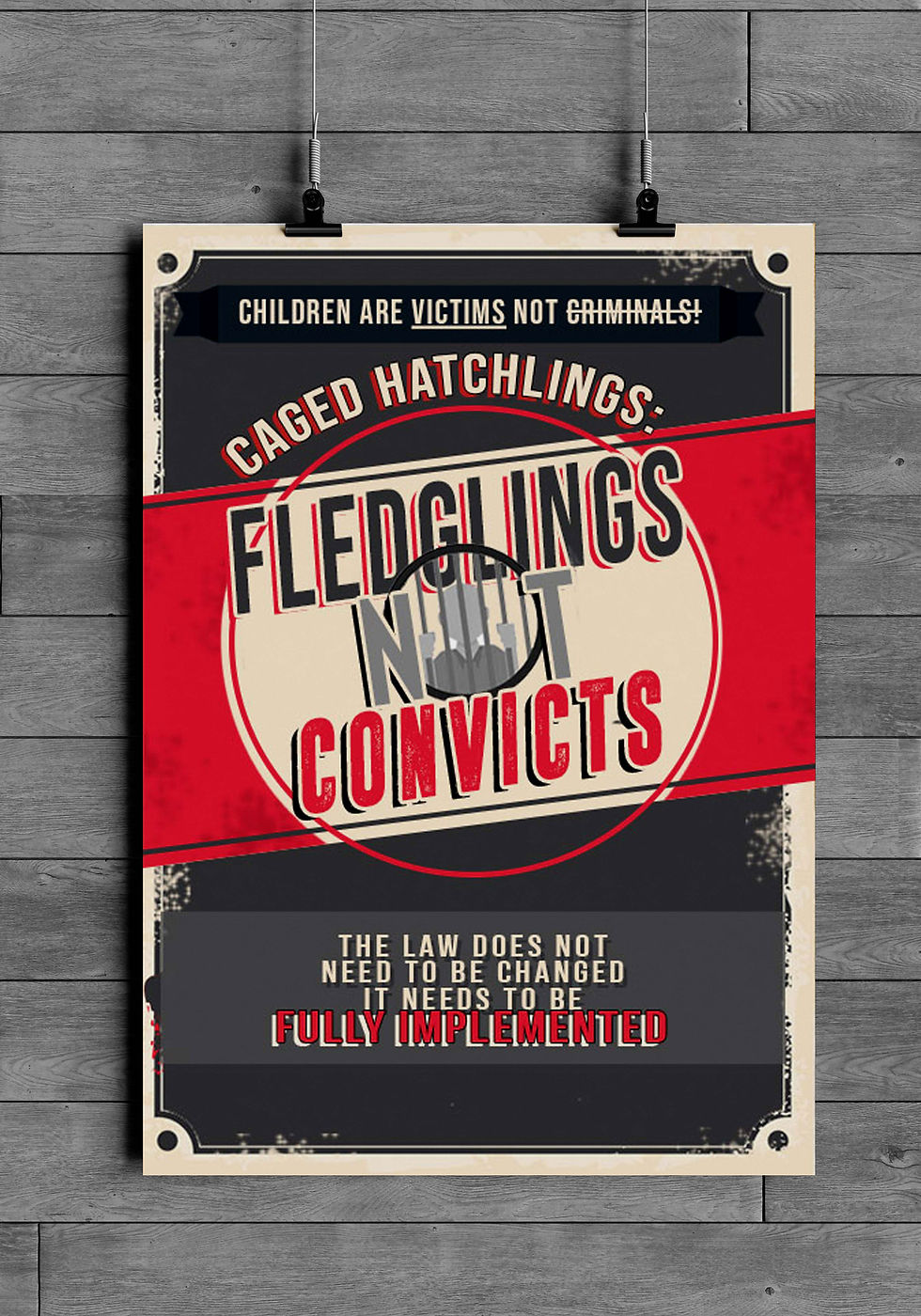"Children" according to law
- FledglingsNotConvicts

- Feb 27, 2019
- 1 min read
‘Children’ as defined by laws The Child and Youth Welfare Code recognizes the child as the country’s "most important asset." Protection of the rights of the child is assured, as the duty of the nation, from birth until becoming a full grown Filipino citizen.
As stated in the Article 3, Section 12 of the Philippine code: “Every child has the right to grow up as a free individual, in an atmosphere of peace, understanding, tolerance, and universal brotherhood, and with the determination to contribute his share in the building of a better world.”
According to the code, citizens under 21 years old is considered to be a "child". Being a "child", exemptions included were prohibition from entering into a contract, buying liquor, and riding motorcycles, along with given considerations. Engagement in sex and getting married is also not application to children. At this age, parental consent and authority are needed because children are not yet capable of deciding for themselves. This is supported by the findings of neuroscience research and psychological annotation which say that a person reaches full emotional, mental, and intellectual maturity only at the age of 25.
According to Human Rights Commissioner Karen Gomez Dumpit, the above-listed provisions of the laws are designed to guide children because they are "vulnerable members of our society that need to be formed and protected." Once they reach the age of 18, individuals are already legally responsible for their civil acts (Art 236, Section 1 of Republic Act 6809).
Here's a list of laws that intend to protect children from all kinds of abuses:

Source: https://www.rappler.com/newsbreak/iq/222335-lowering-age-of-criminal-liability-contradicts-laws-protecting-children?fbclid=IwAR1KXozrTHLaY48GIryqsn0Vb8ZI6uey8pOzB4HNVXySkfet0dFX3nYe3Rw







Comments